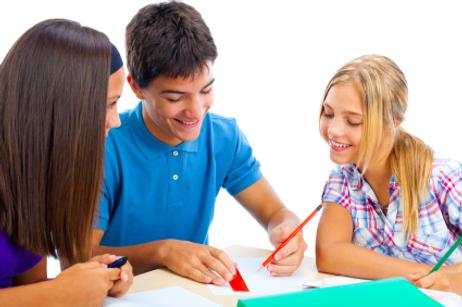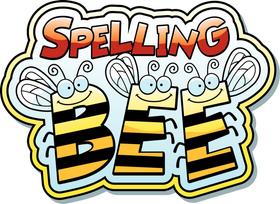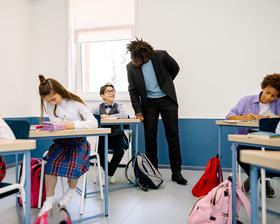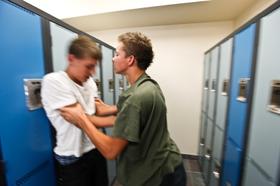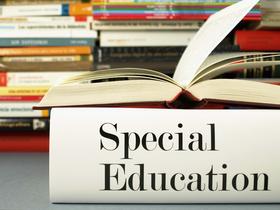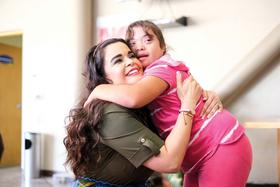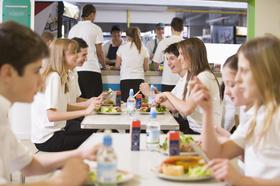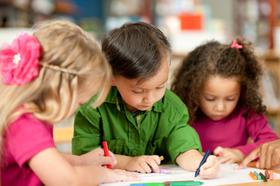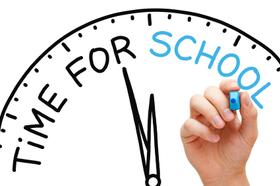Many teens are attracted to the glamorous appeal of high-fashion style, runways, and celebrity trends. Fortunately, through innovative public school course offerings, students can begin to develop the skills needed to pursue a career in the fashion industry. While many public schools offer fashion design courses, some students can even enroll in public high schools devoted strictly to fashion!
Innovative Public Schools Dedicated to Fashion
If you live in New York City and have a serious passion for fashion, consider enrolling in New York’s Fashion High School. While it may sound fictional, Fashion High School (FHS) is an award-winning and widely celebrated public school for fashion-forward teens.
Considered one of the top schools in New York, FHS provides teens with “Challenging, creative, and effective vocational, technical and academic” opportunities. In fact, FHS has even garnered national media attention. In fact, both the U.S. News and World Report and the New York Times have published articles celebrating the school’s success. Furthermore, after evaluating more than 18,000 schools, experts from leading institutions awarded FHS as one of the best schools in the country.
This video reports on a day at the Fashion Industries High School.
FHS aims to provide students with an educational experience that is personally, socially, and professionally sound. Specifically, educators guide students through lessons that center on core issues such as:
- Students work together collaboratively





